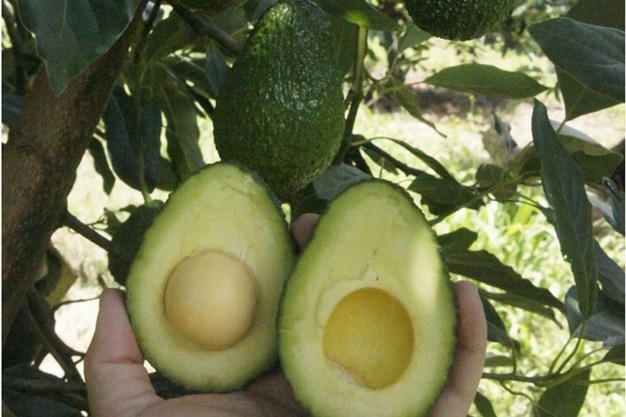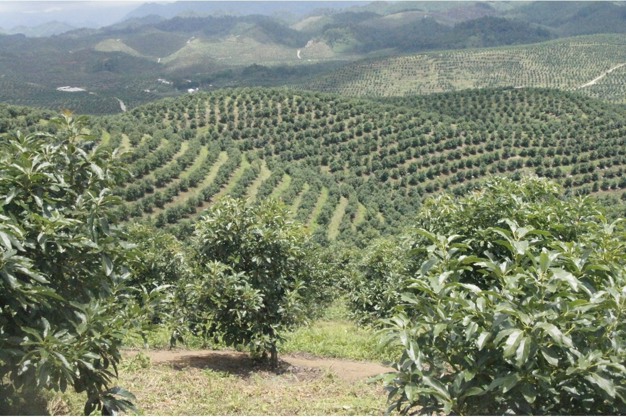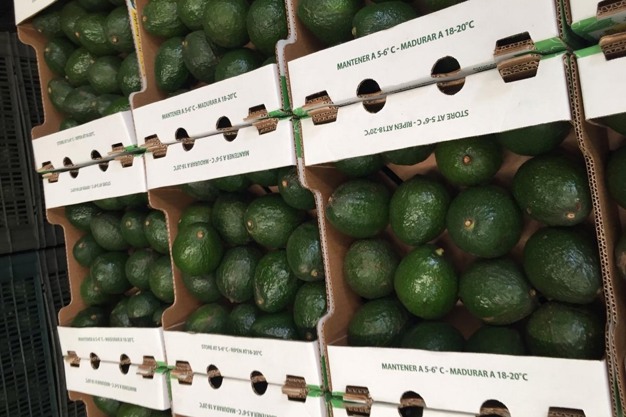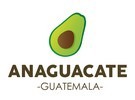Global demand for avocados continues to increase, prompting major producers to expand their markets. Guatemala, a growing player, aims to position itself firmly in the United States. The recent authorization for the entry of Guatemalan avocados to this market, an achievement that took years of effort and planning, is the start of a new stage for the sector. Andrés Espinoza, secretary of Anaguacate's board of directors, and Fabián Leoni, vice-president, outline how the industry has achieved this milestone, as well as the sector's prospects.

Guatemala currently has around 7,000 hectares devoted to the production of Hass avocados for export, with prospects to expand to 15,000-20,000 hectares in the coming years. This season will close with approximately 300 containers shipped to Europe and the sector expects the volume to increase by between 18% and 20% next season. "We expect our first shipment to the United States to consist of between five and ten containers, depending on compliance with phytosanitary requirements," says Espinoza. The industry will be striving to meet rigorous quality standards to ensure that Guatemalan avocados reach their destination in optimum condition.

Entry into the United States requires compliance with strict phytosanitary and safety protocols. To this end, Guatemala has been working for the past four years hand in hand with its Ministry of Agriculture, Livestock and Food, adapting practices to mitigate risks and training producers in pest detection. Moreover, the industry has obtained certifications such as GlobalGAP, GRASP and SMETA, allowing it to meet the requirements of demanding markets such as the European Union and the United States. "The priority in every destination is to deliver a quality product and meet the phytosanitary standards, especially in the United States, where we want Guatemalan avocados to ripen in optimal conditions," says Leoni.
The road to this achievement has not been easy, and competition with other producers, such as Mexico and Peru, presents significant challenges; however, Guatemala has been able to take advantage of opportunities in regional markets, such as Central America, especially Costa Rica, after the temporary closure of the Mexican avocado market. Also, the growing demand for avocados in the local market, with per capita consumption ranging between 6 and 7 kilos, continues to be highly beneficial for the sector.
In terms of growth figures, Guatemalan avocado exports have shown sustained growth in recent years, rising from US$ 2.21 million in 2018 to US$ 15.8 million in 2023. This increase is a testament to Guatemala's interest and investment in quality, which has allowed the country to consolidate itself in the international market. The United Kingdom and the Netherlands are the main export destinations, with 25.97% and 24.96% of the volume, respectively, closely followed by Costa Rica (23.43%).

The Association of Avocado Producers, Anaguacate, created in 1972, has played a key role in the consolidation of the industry. Its structure includes producers, exporters and industrialists, and it seeks to strengthen opportunities for small, medium and large growers and ensure that they meet the high quality standards required for export. Espinoza says that the Guatemalan industry has shown it commitment to developing integrated pest management and biological control systems to minimize the use of pesticides and keep the residue limits at acceptable levels for the international market.
Expectations are high, and the goal of making the first shipments by January or February 2025 reflects the industry's optimism. "We want Guatemalan avocados to reach the U.S. market before the Super Bowl. It is a dream for the industry," says Espinoza, underlining the sector's motivation and enthusiasm ahead of this new stage.
For more information: Andrés Espinoza
Andrés Espinoza
Anaguacate
[email protected]
www.anaguacate.com
Fabián Leoni
Anaguacate
[email protected]
www.anaguacate.com
